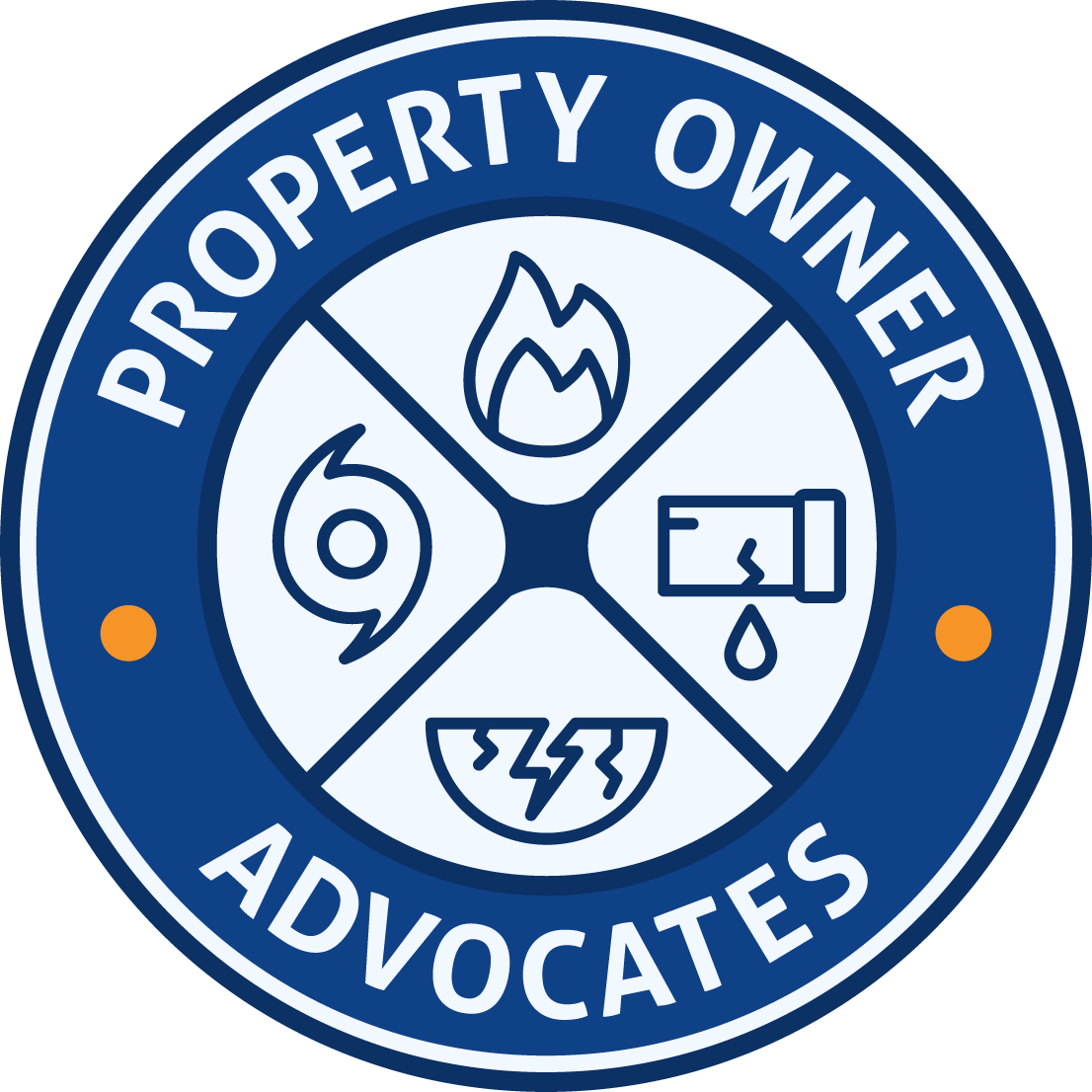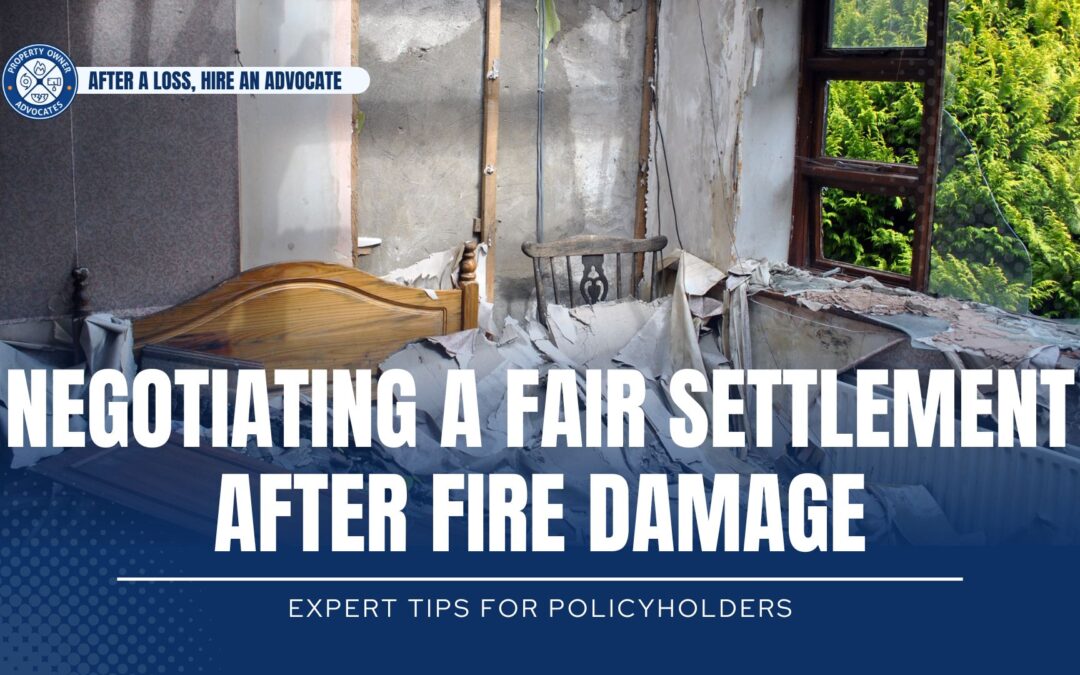How Much Does Insurance Pay After a House Fire?
A house fire is one of the most devastating losses a homeowner can face — and one of the most expensive to recover from. Beyond the flames, smoke, soot, and water damage from firefighting often create costs that far exceed what people expect.
So what’s the average payout for a house fire claim in Florida? The answer depends on several factors, but national data and Florida-specific realities can give homeowners a realistic picture of what to expect.
Average Fire Claim Values in the U.S.
According to the Insurance Information Institute (III) and National Association of Insurance Commissioners (NAIC), the average homeowners insurance claim for fire and lightning damage in the U.S. is around $83,000.
This makes fire the most expensive type of property insurance claim — far higher than water or theft claims.
But averages can be misleading. Some fires result in a few thousand dollars of cleanup and repainting, while others lead to complete rebuilds costing hundreds of thousands.
What Affects Fire Claim Payouts in Florida?
1. Square Footage and Property Value
A 1,200-square-foot home with moderate damage won’t cost nearly as much to repair as a 3,000-square-foot property with custom finishes. Higher-value homes naturally result in higher claim payouts.
2. Cause of Fire
- Kitchen fires (often contained but smoke-heavy) usually cost $20,000–$50,000.
- Electrical or attic fires may spread faster and cause structural damage, pushing claims higher.
- Total losses (complete home destruction) can exceed $250,000, especially in Florida’s housing market.
3. Hidden Damage
Smoke, soot, and water damage often reach areas unseen during the initial inspection:
- HVAC systems
- Behind walls and ceilings
- Roof structures and insulation
Unaddressed, these damages can significantly increase costs later in the process.
4. Policy Type: RCV vs. ACV
- Replacement Cost Value (RCV): Pays the full cost of replacing damaged property with new materials of like kind and quality.
- Actual Cash Value (ACV): Subtracts depreciation, often leaving homeowners underpaid.
The difference between the two can easily add up to tens of thousands of dollars.
5. Florida-Specific Factors
- Building Code Requirements: Florida enforces some of the strictest building codes in the nation. Repairs may require upgrades (such as hurricane-resistant windows or roofing), which increase claim costs.
- Compounding Disasters: Fires following hurricane or storm events may complicate claims. Insurers often scrutinize cause and coverage when multiple perils are involved.
- Rising Construction Costs: Florida’s labor and material costs have surged in recent years, pushing average payouts higher than the national norm.
Typical Payout Ranges for Fire Claims in Florida
While every loss is unique, homeowners can generally expect:
- Minor fire/smoke damage (e.g., contained kitchen fire): $15,000 – $50,000
- Moderate fire with smoke and water damage: $50,000 – $150,000
- Major fire requiring structural rebuilds: $150,000 – $300,000+
- Total loss (complete destruction): $250,000 – $500,000+ (depending on home size and policy limits)
Keep in mind: Insurance will never pay more than your policy limits, no matter the loss amount.
If your payout falls below expectations, here’s how to fight back against underpaid fire damage claims
FAQs: Average Fire Damage Claims in Florida
How much does insurance usually pay for a house fire?
Nationally, around $83,000 on average. In Florida, payouts tend to be higher due to stricter building codes and higher construction costs.
Will my insurance pay for smoke damage even if flames didn’t spread?
Yes — most policies cover smoke and soot damage, but you’ll need documentation to prove the extent.
Can I get more money if my claim was underpaid?
Yes. Homeowners can file supplemental claims, appeal, or hire a public adjuster to push for the full payout.
Final Thoughts
While the average payout for a fire claim in Florida often exceeds the national average, your recovery will depend on your policy, your documentation, and whether hidden damages are properly accounted for.
Don’t leave money on the table by accepting the first offer.
Schedule a free policy review with Property Owner Advocates to make sure your claim reflects the true cost of your fire damage, not just the insurer’s first estimate.
Sources
- U.S. Fire Administration. (2022). Residential Building Fires. Retrieved from: https://www.usfa.fema.gov
- Insurance Information Institute (III). (2023). Facts + Statistics: Homeowners and renters insurance. Retrieved from: https://www.iii.org/fact-statistic/homeowners-and-renters-insurance
- National Association of Insurance Commissioners (NAIC). (2023). Dwelling Fire, Homeowners Owner-Occupied, and Homeowners Tenant and Condominium/Cooperative Unit Owner’s Insurance Report. Retrieved from: https://content.naic.org
- Florida Building Code, 8th Edition (2023). Florida Building Commission. Retrieved from: https://floridabuilding.org

